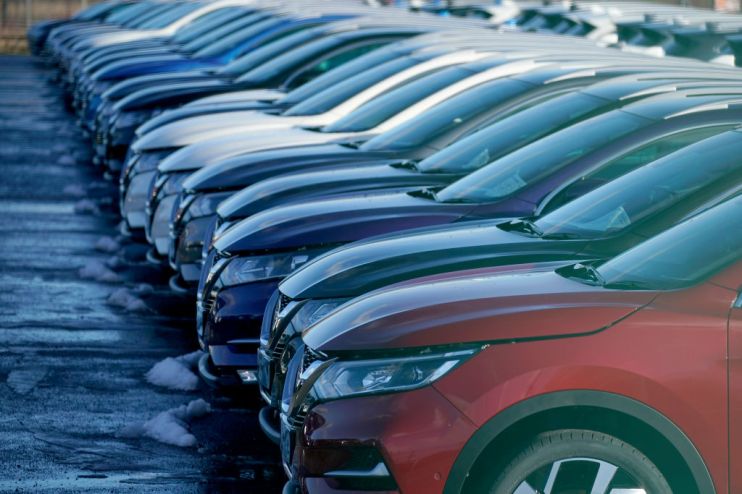Car production surges by a third on EV demand as sixth month of growth signals recovery

Car production in the UK surged in July, rising by nearly a third to mark its sixth consecutive month of growth and driven by a flood of electric vehicles (EV) entering the market.
The latest figures from the Society of Motor Manufacturers and Traders (SMMT) showed 76,451 vehicles rolled off factory lines in the UK, as carmakers continued to recover from the global shortage of computer chips.
The SMMT said production was turbocharged by the UK’s EV sector, as the country edges closer to a looming 2030 ban on the sale of new petrol and diesel cars.
Combined volumes of all electric makes, including high-tech hybrid electrics and plug-ins, rose 73.9 per cent and represented almost two in five cars made in July.
Since January, automakers have turned out more than 200,000 of the vehicles, nearly double the same period last year, with over a half a million now on British roads.
In total, the SMMT forecasts UK factories will turn out 860,000 cars this year, 11 per cent higher than in 2022.
Mike Hawes, SMMT chief executive, said, “six months of growth shows that British car production is recovering and, with electrified models increasingly driving volumes, the future is more positive.”
However, he warned that “global competition” remained tough, with the UK struggling to keep up with the likes of China and the US, who remain well ahead in the race to ditch petrol guzzling vehicles in favour of their electric counterparts.
“If we are to attract further investment and produce the next generation of zero emission models and technologies, we need a coherent strategy that builds on our strengths and supports all aspects of advanced automotive manufacturing,” Hawes said.
Lisa Watson, director of sales at Close Brothers Motor Finance, said the UKs motor industry had continued to “bounce back” as it eyes up a return to pre-pandemic levels.
Watson said that manufacturers would be “keeping an eye” on consumer trends in the uptake of alternative fuel vehicles (AFVs) amid the recent expansion of the ULEZ scheme in London – which has become a political football in recent months.